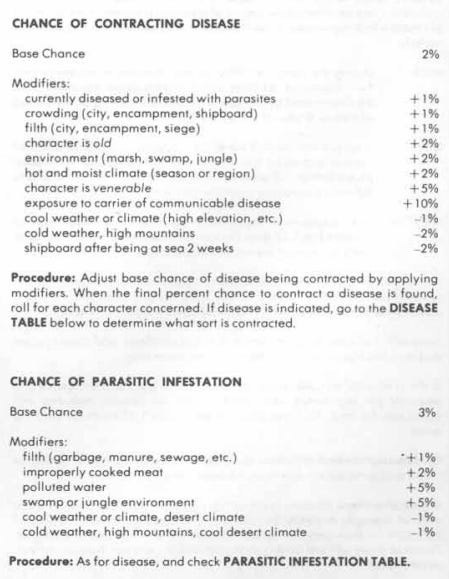So I'm in an interesting . . . boat, so to speak, regarding neotrad/OC play, in that I can fully see and recognize it definitionally, and have seen it in play several times (one particular player comes to mind).
(I just re-read the original 6 Cultures of Play essay just to remind myself).
My problem is that as a GM, I'm not sure that I would know how to support it well, or if I'd even want to.
If you adhere to the original 6 cultures as a baseline, OC works best, I think, as a drifted "trad" baseline, but where the GM and players can agree on some basic social contract rules (as you've described).
Open discussion around
what's core playground space for the GM versus
this stuff is sacrosanct and off-limits player-character realm seems to be the main starting point.
Frankly I'm with you,
@S'mon -- I think on the whole OC play tends to be too . . . easy? Convenient, perhaps? for my sensibilities.
I'm far more likely these days to push hard on Story Now / narrativist leanings, and that stuff doesn't play well with OC. Narr play kind of demands to much open / flexible / mutable fiction states. You can't really lean into
exploring premise when the player can turn to you as GM and say, "Umm, yeah, sorry, that doesn't work for my character." OC kind of demands some quite firm, hard edges around aspects of the fiction, particularly around the PCs.
But this is an interesting topic for sure.



